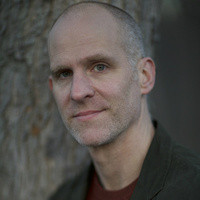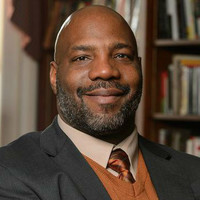Matthew Klam is a journalist and fiction writer. His new novel is Who Is Rich?.
“The New Yorker had hyped me with this “20 Under 40” thing…and when the tenth anniversary of that list [came], somebody wrote an article about it. And they found everybody in it, and I was the only one who hadn’t done anything since then, according to them. And the article, it was a little paragraph or two, it ended with ‘poor Matthew Klam.’”
Thanks to MailChimp, Casper, and Squarespace for sponsoring this week's episode.





